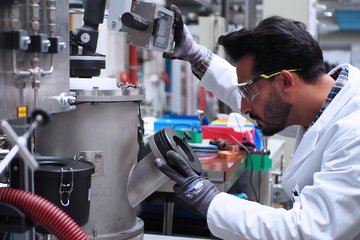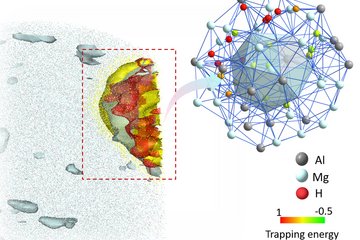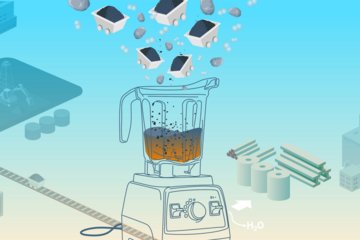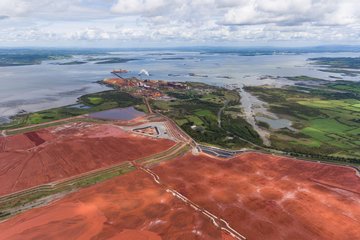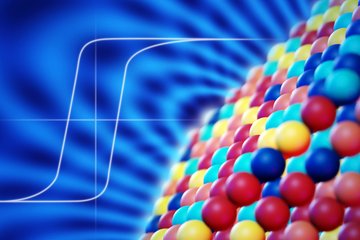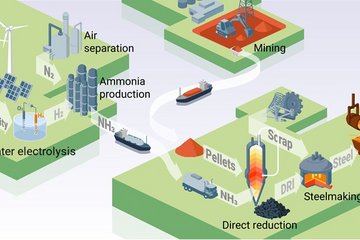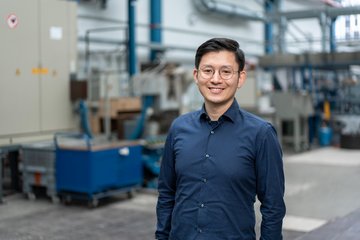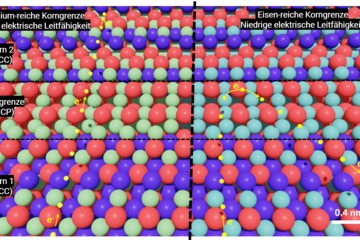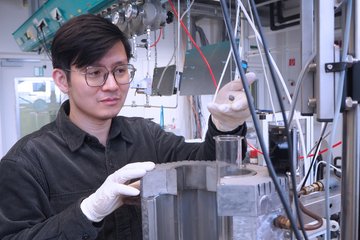Alle Typen
121.
Vortrag
Salzschmelzenkorrosion an Überhitzern und Verdampfern. VDI Wissensforum: Beläge und Korrosion in Großfeuerungsanlagen, Hannover, Germany (2005)
122.
Vortrag
Selective Oxidation and Segregation during Annealing of Steels. 6th International Conference on the Microscopy of Oxidation, Birmingham, UK (2005)
123.
Vortrag
In-situ FE-SEM and EBSD investigation on the oxidation of pure iron. 6th International Conference on the Microscopy of Oxidation, Birmingham, UK (2005)
124.
Vortrag
Korrosionsprozesse an metallischen Stromsammlermaterialien in der Schmelzkarbonat-Brennstoffzelle (MCFC). 80. AGEF Seminar im Rahmen der InCom 2005, Heinrich-Heine-Universität Düsseldorf, Düsseldorf, Germany (2005)
125.
Vortrag
Korrosion in Müllverbrennungsanlagen. DGM Fortbildungsseminar: Hochtemperaturkorrosion, FZ, Jülich, Germany (2004)
126.
Vortrag
Influence of gas phase composition on the kinetics of chloride melt induced corrosion. EFC Workshop: Novel approaches to the improvement of high temperature corrosion resistance, DECHEMA, Frankfurt, Germany (2004)
127.
Vortrag
Deposit induced corrosion of CVD coatings, steels and model alloys in simulated biomass combustion atmospheres. EFC Workshop: Novel approaches to the improvement of high temperature corrosion resistance, DECHEMA, Frankfurt, Germany (2004)
128.
Vortrag
Anfangsstadien der Oxidation von intermetallischen Fe–Al Phasen. 38. Metallographietagung der DGM, Bochum, Germany (2004)
129.
Vortrag
Metal dusting of Fe–Al alloys at 600 °C in CO–H2–H2O gas mixtures. EUROCORR 2004, Nice, France (2004)
130.
Vortrag
Local reactions between NaCl and KCl particles and metal surfaces. EUROCORR, Nice, France (2004)
131.
Vortrag
Effects of heat treatment on the oxide layer of Fe–15 at.% Cr alloy surface. EUROCORR, Nice, France (2004)
132.
Vortrag
Influence of HCl and water vapour on the corrosion kinetics of Fe beneath molten ZnCl2/KCl. EUROCORR, Nice, France (2004)
133.
Vortrag
Oxidation Behaviour of Fe–Al Alloys Analysed Using In- and Ex-situ Techniques. EUROCORR 2004, Nice, France (2004)
134.
Vortrag
B and N segregation on dual phase steel after annealing. DIMAT, Krakow, Poland (2004)
135.
Vortrag
Annealing of Fe–15Cr alloy in N2–5%H2 gas mixture: Effect of hydrogen concentration. DIMAT, Krakow, Poland (2004)
136.
Vortrag
Fundamental aspects of fireside corrosion in waste and biomass fired plants. 6th Int. Symposium on High Temperature Corrosion and Protection of Materials, Lez Embiez, France (2004)
137.
Vortrag
Influence of B, S, P, Si and C segregation on the selective oxidation of dual phase and interstitial free steels. GALVATECH, Chicago, IL, USA (2004)
138.
Vortrag
Studies on the local reactions of thermophoretic deposited alkali chloride particles on iron surfaces. NACE CORROSION‘ 04, New Orleans, LA, USA (2004)
139.
Vortrag
Metal dusting of iron aluminium alloys. Discussion Meeting on the Development of Innovative Iron Aluminium Alloys, MPIE Düsseldorf, Germany (2004)
140.
Vortrag
Spektroskopische und reaktionskinetische Methoden zur Charakterisierung der Struktur, Eigenschaften und Stabilität von Metalloberflächen. 21. Vortrags- und Diskussionstagung Werkstoffprüfung 2003, Bad Neuenahr, Germany (2003)
